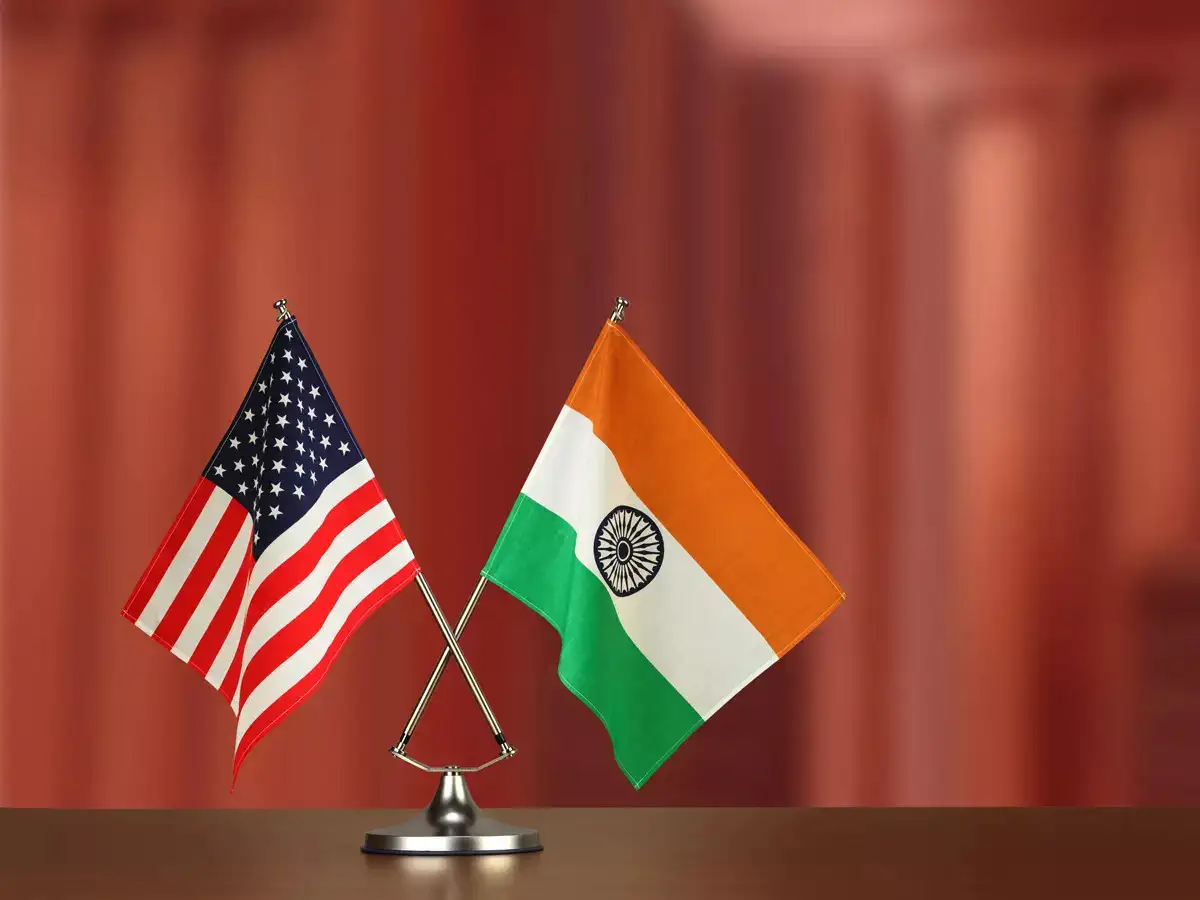US Keeps India on ‘Priority Watch List’ for Patent Regime

The United States has placed India on its “Priority Watch List” due to ongoing concerns regarding the enforcement of intellectual property rights (IPR). The latest Special 301 Report from the U.S. Trade Representative highlights India’s inconsistent progress in this area, labeling it as one of the most challenging major economies for IPR. While acknowledging some improvements, such as the establishment of special IPR benches in high courts, the report raises alarms about high customs duties on IP-intensive products and inadequate enforcement measures.
Concerns Over Patent Regime
The U.S. Trade Representative’s report expresses significant concerns regarding India’s patent regime. It points to issues such as the revocation of patents and the discretionary invocation of patentability criteria, which have led to delays in the patent process. Stakeholders have voiced their worries about the vagueness in the interpretation of the Indian Patents Act, which complicates the enforcement of patent rights. Despite these challenges, the report acknowledges some positive developments, including the introduction of the Patent (Amendment) Rules last year. These changes are seen as steps in the right direction, but the overall sentiment remains cautious due to ongoing issues in the patent landscape.
High Customs Duties and Counterfeit Medicines
The report also highlights the high customs duties imposed on various IP-intensive products, including medicines, medical devices, and IT goods. This aspect has been a longstanding concern for U.S. officials, particularly under the previous administration. Furthermore, the U.S. has raised alarms about India’s status as a significant source of counterfeit medicines. The inadequate enforcement of IPR laws has contributed to this issue, prompting calls for stronger measures to combat the proliferation of counterfeit products in the market. Stakeholders are urging the Indian government to take decisive action to protect consumers and uphold intellectual property rights.
Copyright Issues and Online Piracy
Copyright holders in India continue to report high levels of piracy, particularly in the online space. The U.S. report indicates that unauthorized file sharing of video games, signal theft by cable operators, and commercial-scale photocopying remain prevalent issues. Additionally, India has been criticized for not fully complying with its commitments under World Intellectual Property Organization (WIPO) treaties. The ongoing challenges in copyright enforcement have raised concerns among stakeholders, who are calling for more robust legal frameworks to address these issues effectively.
Trade Secrets and Legal Framework Gaps
Another significant concern highlighted in the report is the insufficient legal framework for protecting trade secrets in India. Currently, criminal penalties for trade secret misappropriation are not explicitly defined, making it difficult for companies to seek civil remedies. U.S. and Indian businesses have identified this gap as a growing concern, advocating for comprehensive trade secret legislation to address these issues. One specific point raised by stakeholders is the requirement for companies to disclose their source code for telecom equipment during certification and security testing. This requirement has sparked debates about the balance between security and protecting intellectual property rights.
Observer Voice is the one stop site for National, International news, Sports, Editor’s Choice, Art/culture contents, Quotes and much more. We also cover historical contents. Historical contents includes World History, Indian History, and what happened today. The website also covers Entertainment across the India and World.
Follow Us on Twitter, Instagram, Facebook, & LinkedIn

